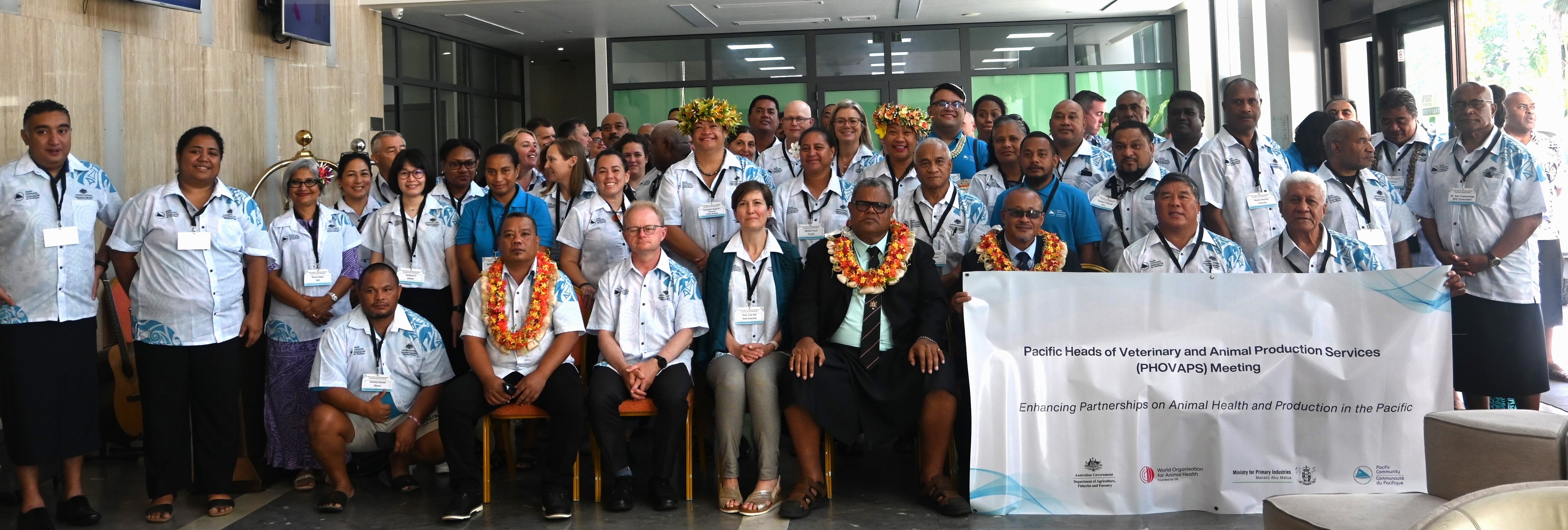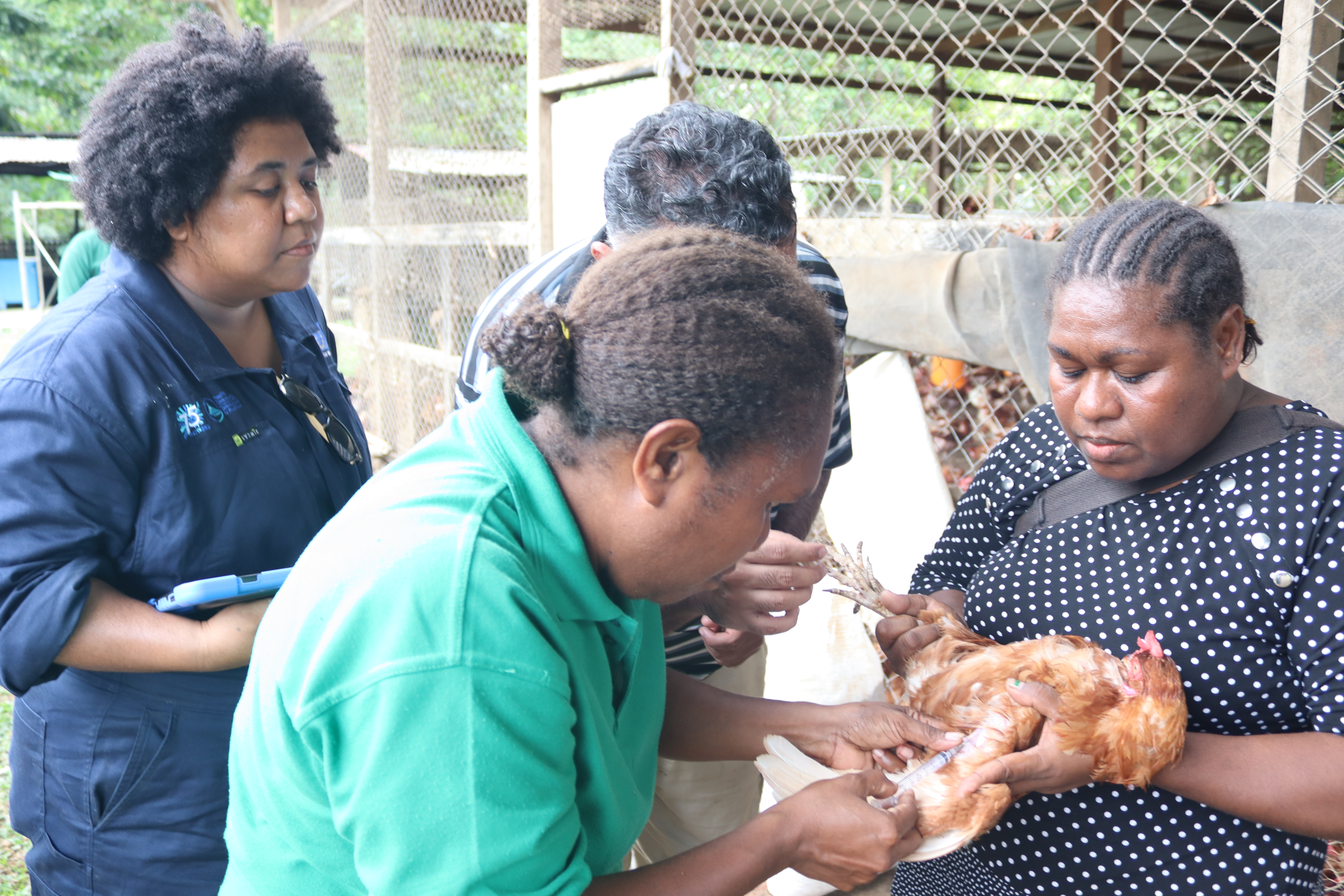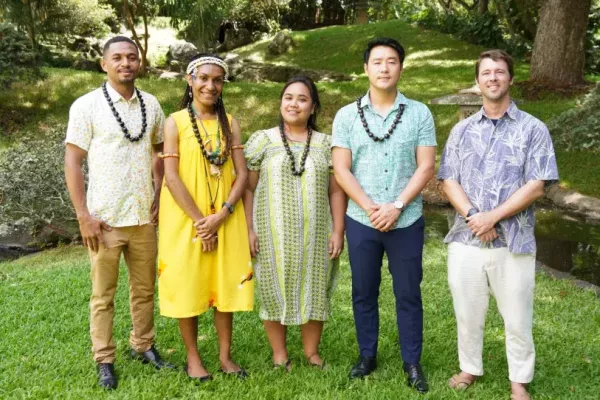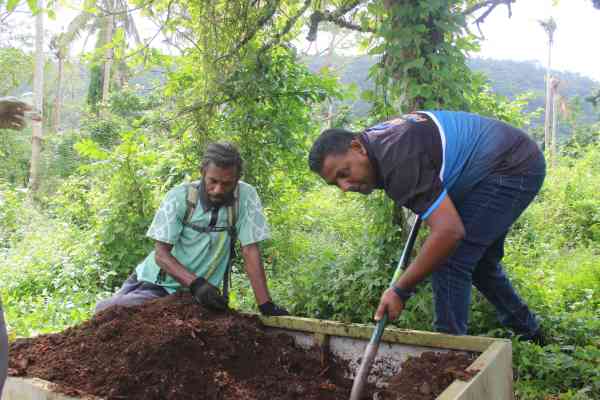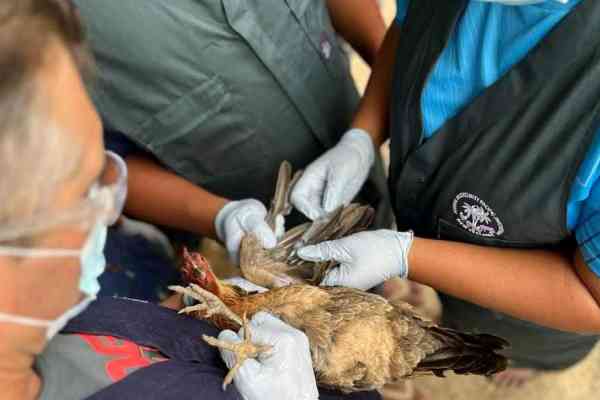(contenu disponible en anglais uniquement)
Pacific heads chart way forward for veterinary and animal production services
Strengthening veterinary services capacity and implementing a strong integrated paraveterinary scheme for member countries will drive the new Pacific Heads of Veterinary and Animal Production Services (PHOVAPS) work plan following its annual meeting in Nadi, Fiji, from 30 October to 3 November. The plan also focuses on coordinating and developing resources to inform biosecurity capacity building and to support animal disease surveillance.
PHOVAPS is a network that manages and progresses veterinary and animal production services in the Pacific region. The two-year work plan agreed upon by the PHOVAPS network further prioritises strengthening in-country technical capacity in livestock production, animal husbandry and meat inspection processes.
These focus areas will be on the agenda of the newly elected PHOVAPS Council, made up of six representatives from the three sub-regions (Polynesia, Melanesia and Micronesia).
More than 60 heads of veterinary and heads of livestock sectors from the Pacific, including Australia and New Zealand, deliberated over three days to finalise regional animal health and production priorities and review the network's governance structure and working arrangements.
The Pacific Community’s (SPC) Sustainable Agriculture Programme leader, Mr Gibson Susumu, said good PHOVAPS governance will steer the platform toward developing an investment plan to fund in-country technical capacity.
“One of the key constraints that were identified during the meeting was the availability or access to veterinary services for our member countries and territories,” said Susumu.
“Some countries don’t have a single vet or cannot order consumables or drugs to treat animal diseases, which are a critical necessities to address these diseases as well as production needs. With the PHOVAPS network, a key priority is to mobilise all veterinarians across the Pacific, including Australia and New Zealand, and make them available to the member countries.”
In opening the meeting, Fiji’s Minister of Agriculture and Waterways, Mr Vatimi Rayalu, showed support for the PHOVAPS network as the Pacific’s key decision-making structure on issues relating to animal health, production, welfare, and biosecurity.
“Many of our Pacific Island people who live in rural areas rely on the agriculture and livestock sectors for their livelihoods, and these sectors are vulnerable to disease outbreaks because of the limitation of resources and technical expertise. The arrival of Foot and Mouth Disease (FMD) and Lumpy Skin Disease (LSD) in Indonesia and the African Swine Fever (ASF) in Papua New Guinea reminds us of the need to safeguard our animal health sector.”
Newly appointed PHOVAPS Council Chair, Secretary of the Cook Islands Ministry of Agriculture Mrs Temarama Anguna-Kamana, says the onus is now on the new council to take on the priorities laid out by the PHOVAPS network and guide its implementation in the region during its two-year term.
“The council will guide the implementation of the PHOVAPS priorities in the region and monitor the progress of animal health and production implementation in countries.”
The PHOVAPS network is expected to hold its next meeting at the end of 2024. It is funded by the Australian Department of Agriculture and Forestry (DAFF) in partnership with SPC, which serves as the Secretariat.
